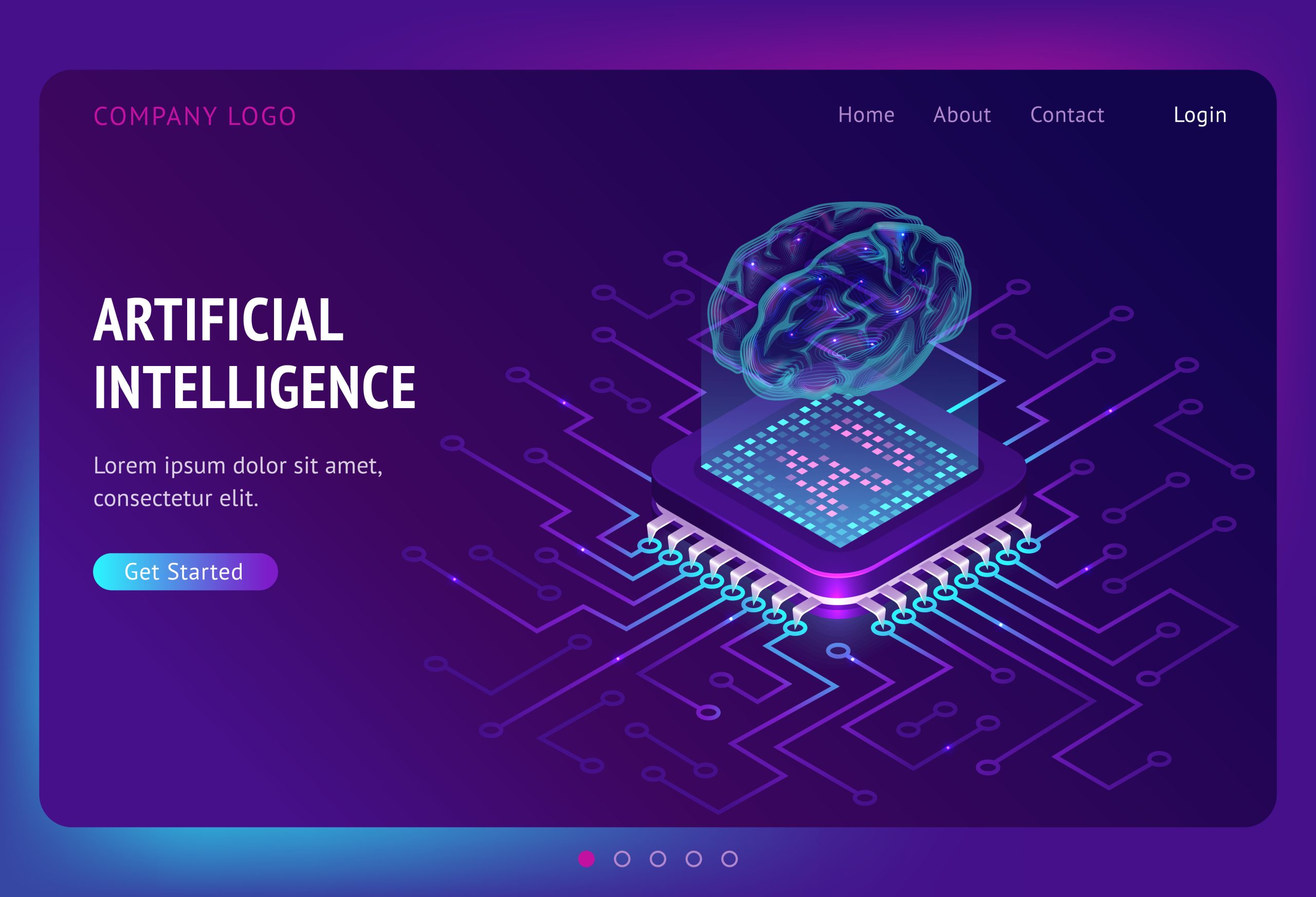Google has announced a major reorganization of its AI research units, consolidating DeepMind and Google Brain into a single entity. This move is seen as a response to the escalating tech arms race, as major companies compete to dominate the AI market.
DeepMind, the London-based AI research firm acquired by Google in 2015, has been responsible for many breakthroughs in the field, including developing AlphaGo, the AI program that defeated the world champion at the board game Go. Google Brain, on the other hand, has been focused on developing neural networks and machine learning algorithms.
By merging the two research units, Google aims to accelerate the development of AI technologies and strengthen its position in the highly competitive industry. The new organization, which will be called Google AI, will be led by DeepMind co-founder Demis Hassabis and Google Brain co-founder Andrew Ng.
In a blog post, Jeff Dean, head of Google AI, said the consolidation of the two units would help the company “build a more powerful platform for AI research and development.” He added that the move would enable Google to “bring the best of both research communities together to focus on advancing the state-of-the-art in AI.”
The decision to merge DeepMind and Google Brain is not entirely surprising. Google has been under increasing pressure to consolidate its various AI research efforts, as other tech giants such as Facebook and Microsoft have made similar moves in recent years. By creating a unified research unit, Google hopes to streamline its AI development efforts and stay ahead of the competition.
However, the consolidation also raises concerns about the potential impact on DeepMind’s research focus and independence. Some experts worry that DeepMind’s unique culture and approach to AI could be diluted by the merger with Google Brain.
Others argue that the consolidation could help DeepMind leverage Google’s vast resources and expertise in data analytics, cloud computing, and other areas. This could enable DeepMind to tackle larger and more complex AI projects, such as developing algorithms for autonomous vehicles or drug discovery.
The reorganization also comes at a time when Google is facing increasing scrutiny over its use of AI and data privacy. In recent months, the company has been criticized for its involvement in controversial projects such as Project Maven, which involved developing AI for military drones, and for its handling of user data.
By consolidating its AI research units, Google may be hoping to present a more unified and responsible front when it comes to the development and deployment of AI technologies. The company has previously emphasized its commitment to ethical AI and responsible data management, and the consolidation could help it demonstrate this commitment more effectively.
Overall, the consolidation of DeepMind and Google Brain into Google AI is a significant move in the rapidly evolving AI landscape. As companies continue to invest heavily in AI research and development, it is likely that we will see further consolidation and collaboration in the industry in the years to come.




